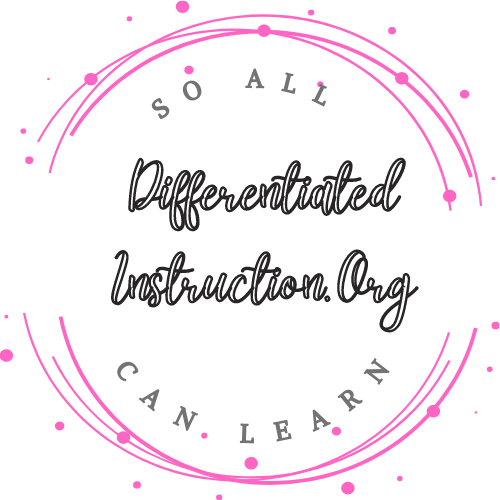To Shut Down the Reading Wars, we Need A High-Quality, Nationally Normed K-2 Primary Reading Inventory.
Last week I was trying to explain why there are so many kids in America that can’t read. This week there’s something else that’s been much on my mind: Part of the reason for the Reading Wars is that in primary (K-2), no one can figure out which reading instructional practices are working, when compared to other practices, across schools and states. With no single primary reading inventory to reference, there’s no way to compare results .

In fourth grade, the NAEP exams come and we have data. The problem with that is by the time a student is in 4th grade it’s getting pretty late to help them with reading problems.
One Primary Reading Inventory to Rule Them All?
Parents and politicians may not know that there are so many primary reading inventories. The ones I have used in the last fourteen years include TPRI — Texas Primary Reading Inventory — Fountas and Pinnell — DRA (Developmental Reading Assessment) and DIBELS. Each of these inventories has strengths, but using them does not translate into comparable data that teachers, parents, administrators and legislators can use to figure out what works. Trust the experts, they say. And you know where that has led us.
We should not have to ask experts. If we had a single primary reading inventory, across states and across the country, we could talk about which kids, which programs, which approaches are getting better results.
At times, it almost seems like a conspiracy. In particular using DIBELS, which has a complicated computation that means you can only have conclusive reading level data three times a year, unless you’re willing to get out a worksheet and do the math yourself. Doing that worksheet is a process which takes at least ten minutes per student.
That’s too much time when you have to do the whole class.
DIBELS comes out with a new version in the fall, but we don’t need a new version of an inventory which can’t be compared with other schools’ inventories. We need one inventory that the whole country uses.
Why Can’t We Decide to Work Together on Reading?
Why can’t we do this? The simple answer would be that education law and practice is under governance the individual states. Even with Common Core, participation had to be voluntary.
A more complicated and cynical observer might explain: reading inventories are big businesses. None of the reading inventory publishers want to give up their piece of the pie.
In this country, we have long given all private concerns to private business. However, I would venture to say, particularly at this juncture, that reading testing is a public good if ever there was one, and that a primary reading inventory in this country promulgated by the federal government is a desirable option.
I know, I know, that’s almost sacrilegious. People in InternetLand are yelling at me now. They are saying that we cannot trust our incompetent federal government with reading instruction.
My question is, the people who have been doing it up to now have left way too many gaps to allow them to continue, so who else can we trust?
The Experts, for Whatever Reason, Have Not Solved the Problem
The university has failed to change things. The teacher’s union has failed to even show much concern. And let’s be honest, with the possible exception of the state of Mississippi (Mississippi!) the states have failed.
I wonder if we Americans still trust each other enough to work together on this problem across the country. I believe we have the expertise and perhaps now, after Emily Hanford’s Sold a Story, we are starting to develop the will. The question is if we have the cooperation. “Cooperation scores” in the U.S. appear to be as low as they’ve been since the Civil War.
But then, reading, at least according to NAEP, is worse than it’s been, too. This is about our kids and our country’s future. Isn’t that important enough to consider pulling together and working on this project as a team?
I put this out to you as a question. Can we still be the United … States? At least in regard to the reform of reading? I haltingly put forward that considering this possibility would be a good idea.
